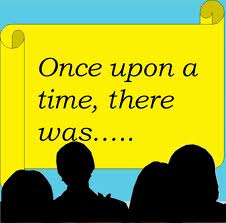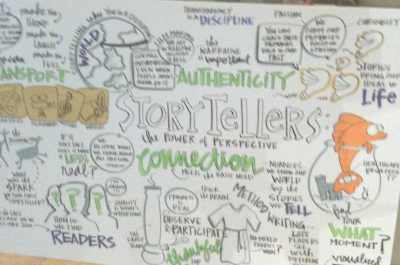The subject of lobbying vs. public relations and other “communications” activities has come into focus recently, in increasingly important ways. We first noticed this in mid-March with a curious report that GolinHarris—one of the major PR firms—was shutting down its lobbying practice (who knew this PR giant did lobbying?) Then, in several later tweets during March, we followed the ugly lobbying scandal roiling through the United Kingdom’s national government—which has brought numerous investigations, blistering allegations and even threats of government regulation upon the Commonwealth’s PR industry. And in just the past weeks, reports have surfaced of a Massachusetts bill being drafted that would include public relations practitioners and communications specialists under the definition of “lobbyists.” All of these reports, for us, had a chilling effect.
Why? Because in them public relations is being closely tied to lobbying; and while there may be some parallels in communications objectives, they are distinctly different in terms of standards and modus operandi. Additionally, we think the majority of communications professionals make a clear distinction between public relations and lobbying—even in cases where they may engage in both activities. (A curious mix, in our view, which is bound to result in confusion and blowback, at some level.)
Public Relations is not Lobbying
It concerns us greatly to see public relations ostensibly recast as lobbying. In public relations, the stock and trade of the business is communicating in a way that generates goodwill and mutual benefit, based upon the merits of a given position or viewpoint. Lobbying, in our view, goes beyond the merits and persuasiveness of the arguments alone; lobbying typically introduces a system of “spoils,” or “rewards” for desired outcomes—often in the form of monetary contributions, gifts, favors, perks, etc., that have some material value or net material gain for the recipient.
For a combined 30 years, both inside and outside of government, we have practiced traditional public relations and what we call “communications advocacy.” In that, we engage in systematic communications to advance a cause or purpose, all the while endorsing the ethical and “good conscience” standards incumbent in a profession whose sheer existence is based on trust. We use every persuasive communication device at our disposal: facts, inferences, emotional storytelling, skilled argumentation, compelling presentation, and, in some cases, negotiation to make our case. In our minds, these are the bare-bones elements of communications. When “spoils” are introduced to the framework of engagement and debate, it becomes something other than public relations. For many, it becomes “lobbying,” and that, in the minds of many people, is an unwelcome, if not unsavory association.
So, in our minds, we’re pretty clear, public relations is not lobbying, and we should guard against any effort to link the two as one in the public’s mind. As we stated in one of our tweets, citizens in a democracy have a constitutional right and a long history of petitioning their government on issues of public policy and public trust. (Think the Federalist Papers) To do so isn’t lobbying, necessarily, but it is public relations. It becomes lobbying when the focus of the debate centers on self-gain, and not mutual interest.
 We’re taking a brief hiatus to do some internal restructuring at PRDoctorChicago. But thank goodness, the world is full of meaningful content that can be shared from others through the Internet. To that end, here’s another timely re-post.
We’re taking a brief hiatus to do some internal restructuring at PRDoctorChicago. But thank goodness, the world is full of meaningful content that can be shared from others through the Internet. To that end, here’s another timely re-post.

